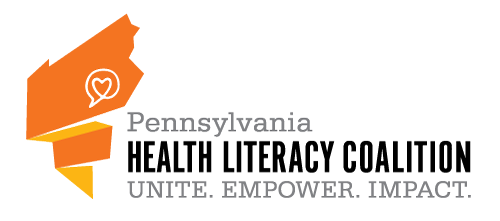Research suggests that many people with low health literacy do not tell their family, friends, or health care providers that they have trouble understanding health information.1 Even those with proficient health literacy may struggle when they are sick, stressed, or scared. Health literacy challenges may be situational and depend on the complexity of the health problem or need. Since it is impossible to tell who may have low health literacy in a given situation, it is recommended that health care providers assume all patients may have difficulty understanding. This strategy is called the universal precautions approach.2
The goal of universal precautions is to present all patients with clear, actionable health information. There are three components to achieving that goal:
- Simplify communication and confirm understanding.
- Make health care facilities and the health care system easier to navigate.
- Support patients’ efforts to improve their own health.
Individuals who have low health literacy may experience shame that keeps them from asking for help. When implementing the universal precautions approach, it is important to create a shame-free, blame-free environment. 3 In a shame-free, blame-free environment, it is easier to ask patients about their literacy needs and easier for them to respond honestly. It is useful to ask patients how they prefer to receive information. Questions like “Would you like someone to go over these instructions with you?” offer help patients may need without attaching stigma or shame to their answer. Additionally, open-ended questions like, “What questions do you have?” create an environment where patients feel comfortable asking about information they do not understand.
When explaining medical information, it is important to define medical terms in words patients can understand. This simplification is sometimes called plain language. Take a look at this post that offers suggestions on how to employ plain language when talking with patients.
For more information about our health literacy initiatives, contact Kelsey Salazar, ksalazar@hcifonline.org.
